A poster providing the definition and some examples of secondary sources.
Secondary sources are accounts that have been written after the fact with the benefit of hindsight. They analyse, review or restate information in primary sources or other secondary sources. Secondary sources are not evidence, but rather interpretations or evaluations of primary sources.
- Bibliographies: Also considered tertiary.
- Biographical works
- Dictionaries and encyclopaedias: Also considered tertiary.
- Journal articles: Also considered primary.
- Commentaries and criticisms
- Magazine and newspaper articles
- Textbooks: Also considered tertiary.
- Websites: Also considered primary.
A version with a white background is also included in the download.
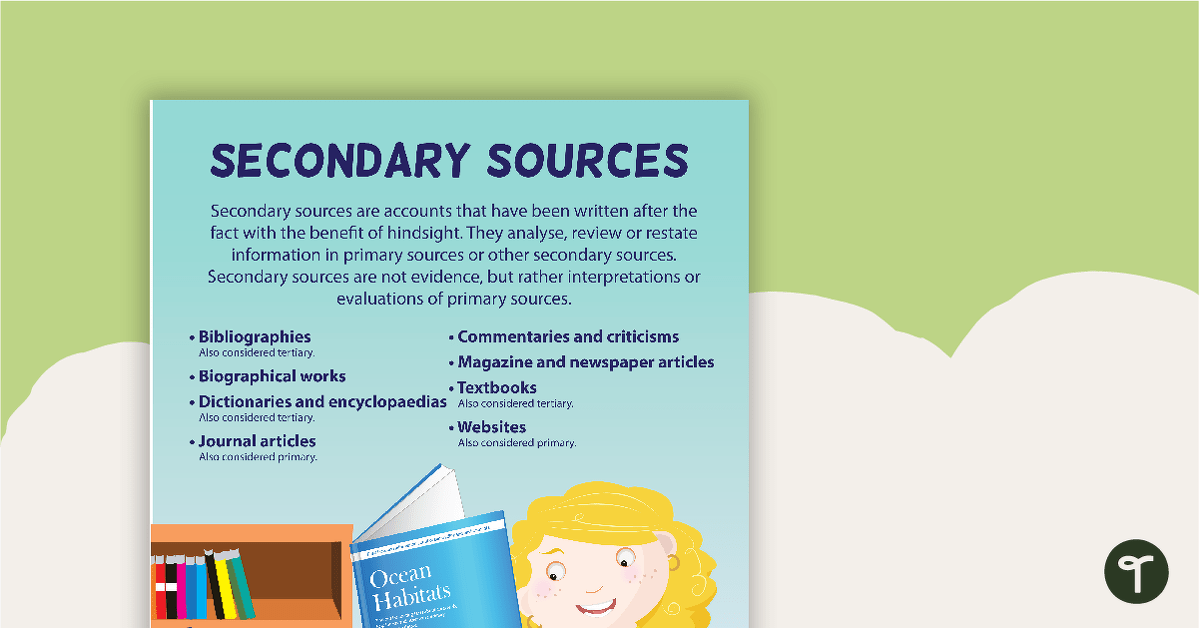

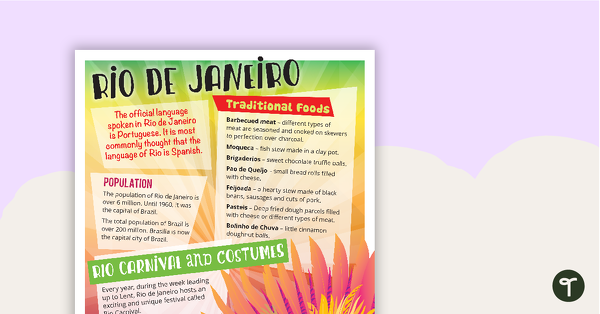
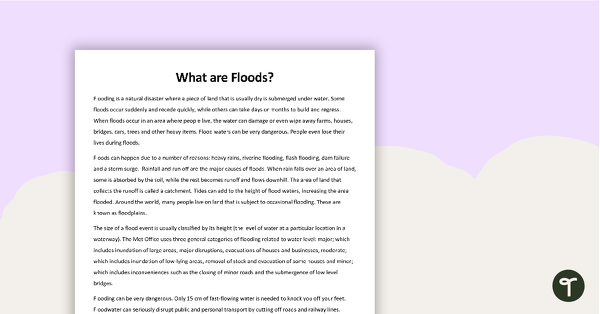
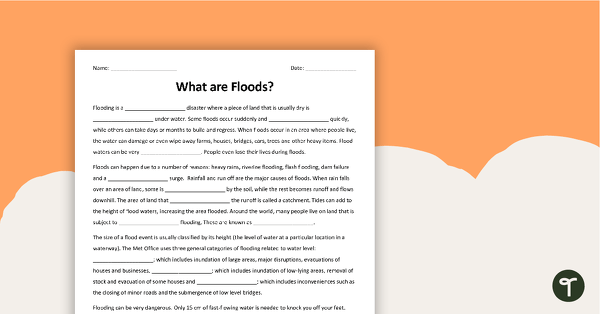
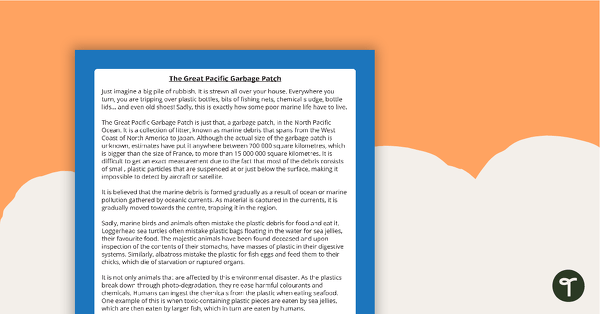
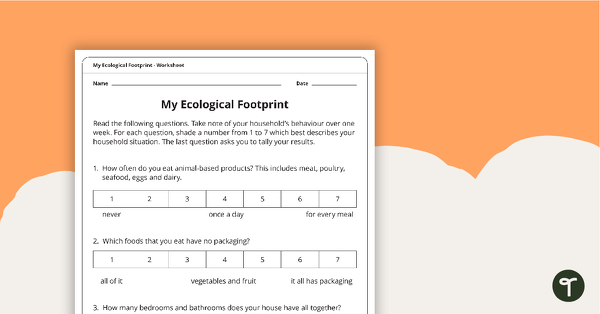

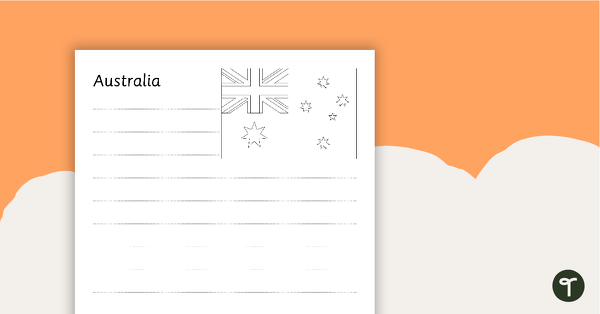
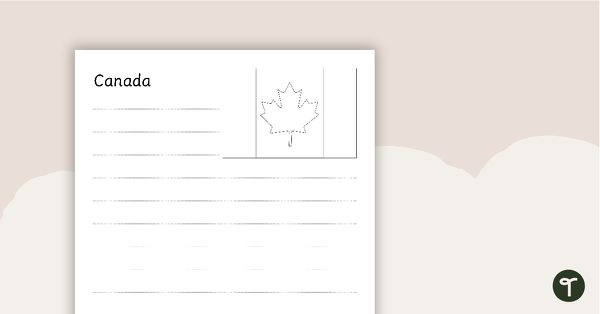
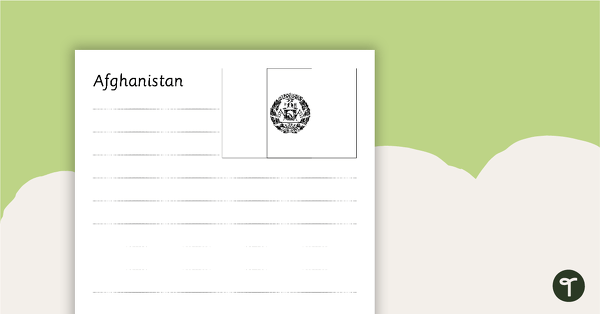
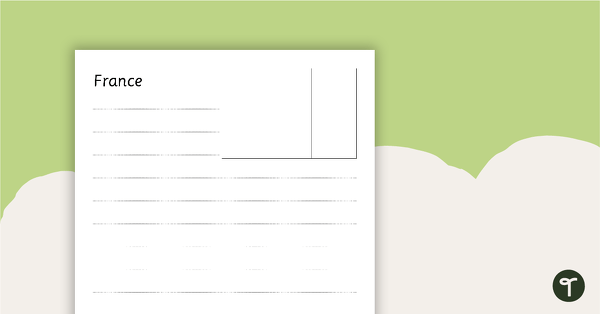
0 Comments
Write a review to help other teachers and parents like yourself. If you'd like to request a change to this resource, or report an error, select the corresponding tab above.